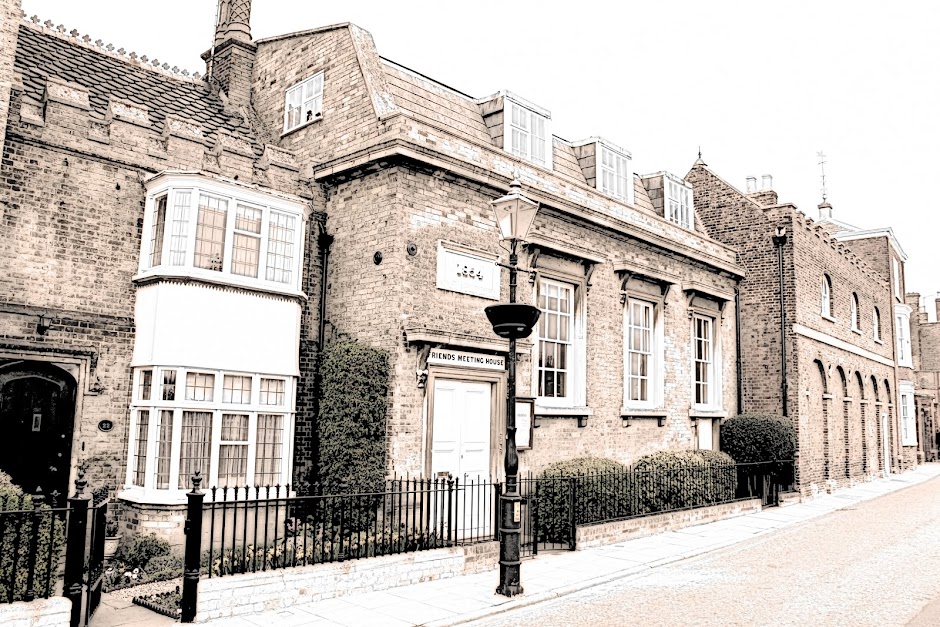"We will remember them." Four resonant words which close the fourth verse of seven, in Laurence Binyon's 'For The Fallen'. The irony is that his famous poem was written in September 1914, and the real gut-wrenching truth about the war was many months away from being demonstrated. Thus far, the fighting had been very much on nineteenth century lines. It was a mobile war. Cavalry still trotted around the action. The French still went to war in blue coats and red pantaloons. The British Expeditionary Force still wore soft caps into battle - it was only the 'cowardly' French and Germans who wore helmets. The catastrophic death toll had yet to make a real impact on households in Wisbech, or Valenciennes, or Ypres, or Bremen.
"We will remember them." I intend to. I will commemorate every single man's name from the Wisbech WW1 War Memorial, alongside a photo of where he is buried, and his regimental cap badge, plus such details as we know about his life and death. These will be posted on Facebook, on the day that each man died. Some men spring to life from the page. Others remain just names etched in stone, their faces, voices and personalities lost to us over the passing years.
"We will remember them." Whenever I visit a WW1 cemetery in France or Belgium, what hits me between the eyes is the youth of the men who lie below the manicured turf. Many never reached their thirtieth year. There are a few grizzled veterans in their forties, but they are exceptions. These are sons, brothers and husbands. They marched off to war. Most never saw their home town again. Often, men were incurably shattered by gas, steel, disease or lead. They were carried home to die, and a walk in Wisbech cemetery will show you just how many died with, one can only hope, their loved ones beside them.
"We will remember them." An interesting first verb, there. Not "should", "must", "might" or "could". Instead, a defiant, and resolute "will". Binyon, sitting in the late summer haze of September 1914, could never gave dreamed that his words would still have an impact, a century later. So many English writers and poets have been inspired, almost perversely, by the tragedy of The Great War, but the lines that speak the loudest to me, are in some ways, the most quietly spoken. In his 1964 poem, MCMXIX, Philip Larkin says,
Those long uneven lines
Standing as patiently
As if they were stretched outside The Oval or Villa Park,
The crowns of hats, the sun
On moustached archaic faces
Grinning as if it were all
An August Bank Holiday lark;
And the shut shops, the bleached
Established names on the sunblinds,
The farthings and sovereigns,
And dark-clothed children at play
Called after kings and queens,
The tin advertisements For cocoa and twist, and the pubs
Wide open all day;
And the countryside not caring:
The place-names all hazed over
With flowering grasses, and fields
Shadowing Domesday lines
Under wheat’s restless silence;
The differently-dressed servants
With tiny rooms in huge houses,
The dust behind limousines;
Never such innocence,
Never before or since,
As changed itself to past
Without a word – the men
Leaving the gardens tidy,
The thousands of marriages,
Lasting a little while longer:
Never such innocence again.






"The first world war was a terrible judgement on the British Empire." - Discuss.
ReplyDelete